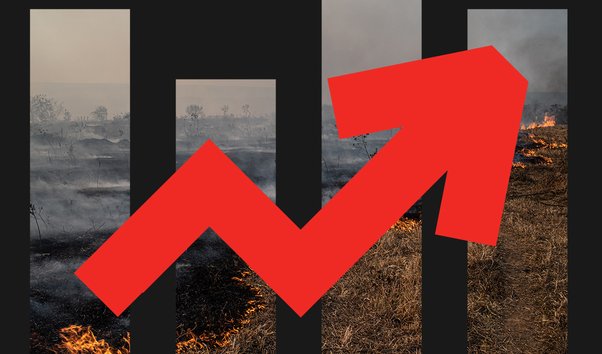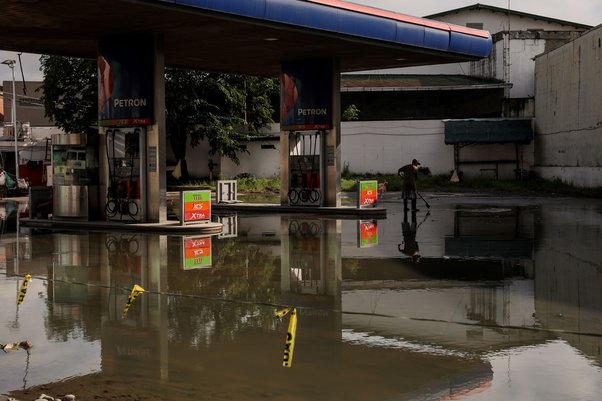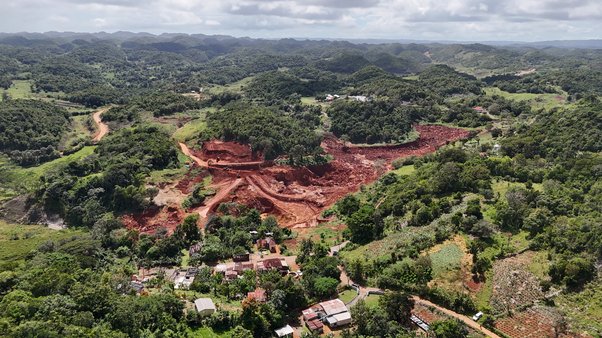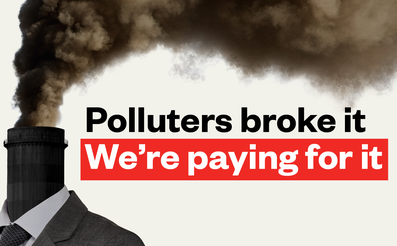Toxic platforms, broken planet
Land and environmental defenders are suffering from online abuse, with harassment reportedly leading to real-life violence and silencing those fighting to protect our planet

The chilling effect
-

What is red-tagging, and how does it harm climate action?
Red-tagging – which falsely brands legitimate activists as terrorists – is used to silence land and environmental defenders online and IRL
-

Big Tech platforms failing to assess risks to users despite new EU rules
Large tech platforms like TikTok and Facebook are meant to assess potential harms to users under EU's Digital Services Act, but a coalition finds first reports wanting
-

Global hating
We polled almost 500 global climate scientists on their experiences of online harassment. The findings reveal personal and collective harms from online hate, and signal ways to make social media platforms safer
Make polluters pay
-

Taxing polluters for a fairer, greener society: Joint civil society policy platform
Tax Justice UK, Oxfam GB and Global Witness outline a suite of evidence-based policies the UK government could take to ensure those most responsible for climate breakdown pay their fair share and raise billions of vital revenue
-

Time to pay up: Make Big Oil fund climate loss and damage
Fossil fuel companies, not regular people, should be the ones to pay for worsening loss and damage costs caused by the climate crisis
-

Why the UK government should get the oil industry to contribute towards climate loss and damage
Global Witness’ recommendations to the UK government on how to raise additional revenue for the Loss and Damage Fund by requiring oil companies to contribute
Defending our planet's frontline
Climate crisis in focus
-

Rainforests explained: Where they are, what they do and why they’re crucial for our planet
The Amazon is just one of the world’s many rainforests – with each playing a pivotal role in the planet’s health
-

Why the Escazú Agreement matters for land and environmental defenders in the Caribbean
Attacks on land and environmental defenders in the Caribbean are often overshadowed by mainland Latin America, but protecting their rights is just as crucial
-

Transition minerals: A climate solution that could cost the earth
Renewable energy is often hailed as a panacea for the energy crisis. But without better consultation and regulation, plans to expand mining for minerals central to the energy transition could be disastrous
The time for change is now
The climate crisis is no longer an event on the horizon. It’s here, it’s now. Find out how you can support our work to tackle its root causes.


About us
Global Witness is an investigative, campaigning organisation that challenges the power of climate-wrecking companies, and stands with the people fighting back




